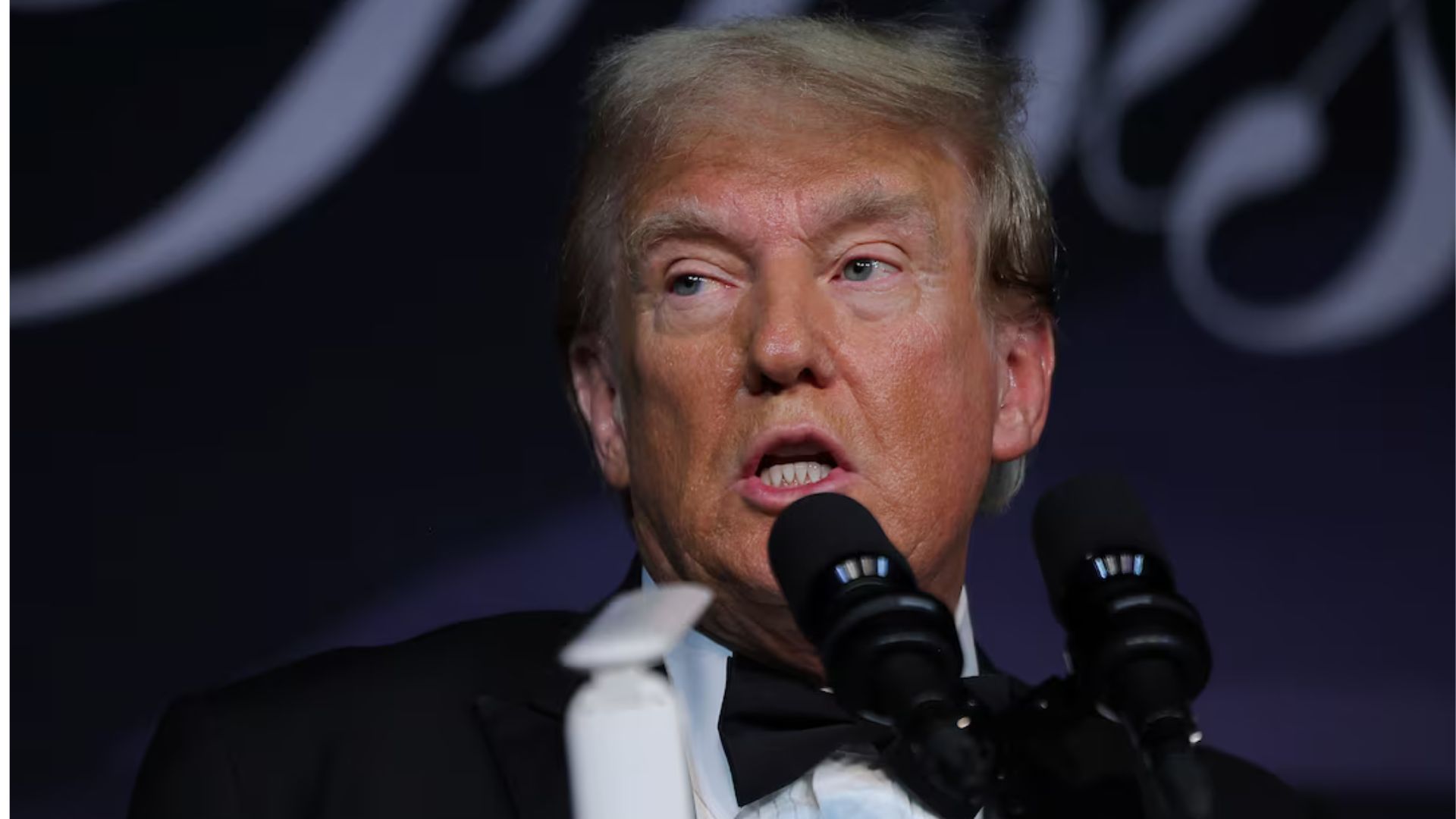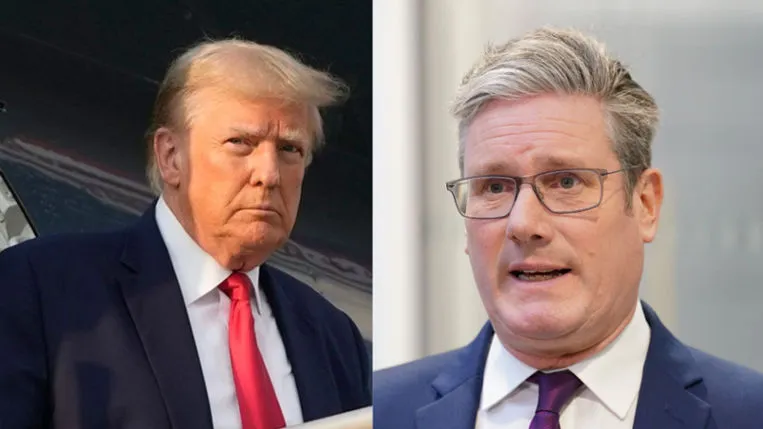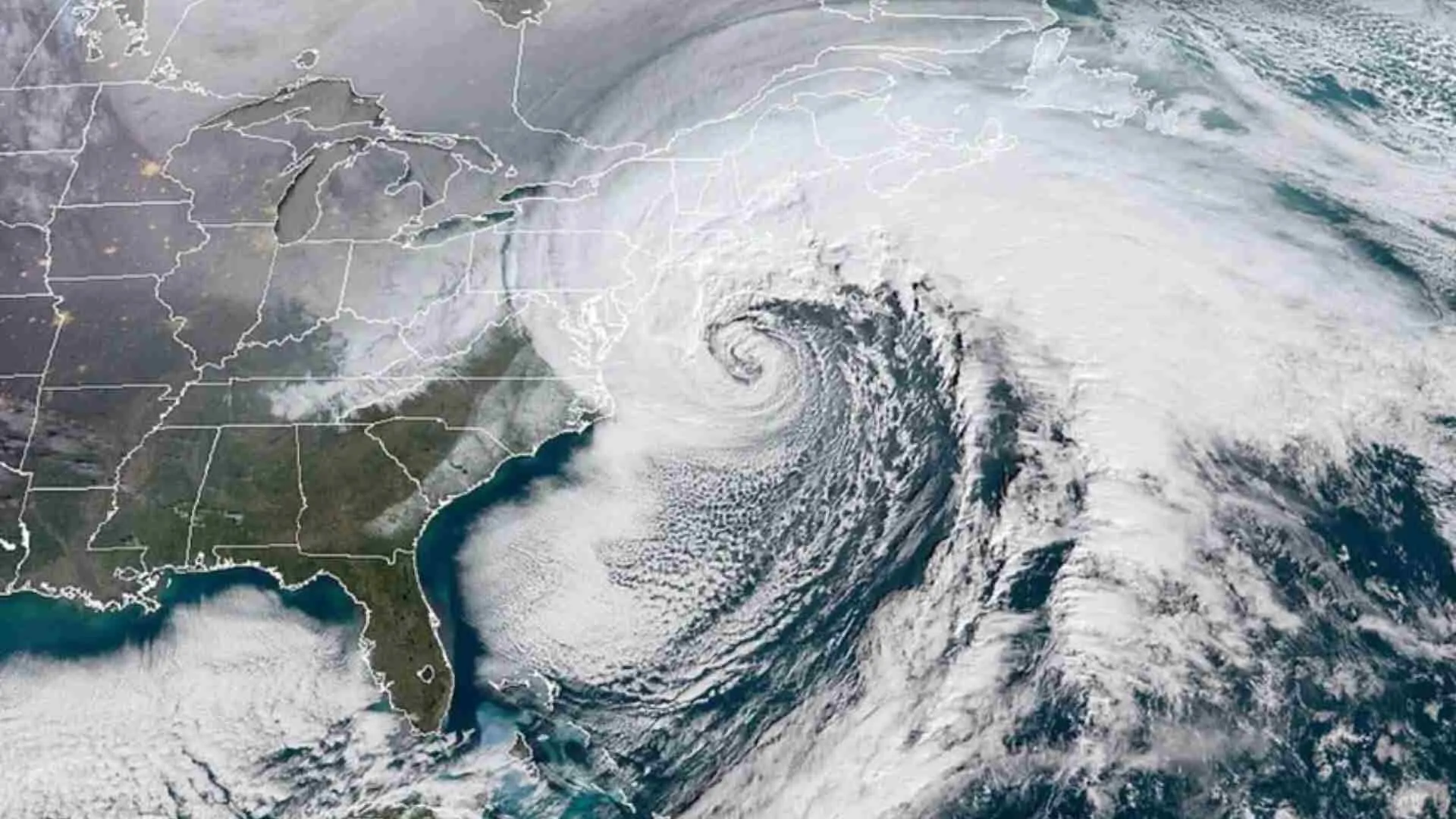The U.S. Congress has just two days to avert a partial government shutdown after President-elect Donald Trump rejected a bipartisan spending deal late Wednesday. Trump is demanding that lawmakers raise the nation’s debt ceiling before he takes office next month, complicating efforts to keep the government funded.
Trump urged his fellow Republicans to reject a stopgap bill that would extend government funding past the midnight deadline on Friday. If Congress fails to act, a partial shutdown will commence on Saturday, potentially disrupting essential services, including air travel and law enforcement, just days before the Christmas holiday.
The bipartisan agreement reached on Tuesday aimed to extend funding through March 14. However, Trump warned that any Republican who supports the current legislative package could face primary challenges within their party. “Any Republican that would be so stupid as to do this should, and will, be Primaried,” he stated on his Truth Social platform.
If a shutdown occurs, it would mark the first such event since one that extended from December 2018 into 2019 during Trump’s first term. The president-elect is now calling for Congress to pass legislation that would not only raise the government’s borrowing authority—a politically sensitive issue—but also extend government funding. He has also suggested that lawmakers strip out provisions backed by Democrats, whose support would be necessary for any agreement.
Trump’s comments followed pressure from his ally Elon Musk, who has been tasked with reviewing the federal budget. Musk urged Congress to reject the spending bill and suggested that those who support it should be voted out of office.
Negotiations continued late into the night, with Republican House Speaker Mike Johnson describing a “productive conversation” after meeting with Vice President-elect JD Vance and other top Republican leaders. However, he did not provide specific details about the discussions. When asked if raising the debt ceiling would be part of the negotiations, House Republican leader Steve Scalise indicated that lawmakers were “not there yet.”
The path forward for Congress remains uncertain. A bipartisan agreement will be essential to pass any spending bill through the House, where Republicans hold a slim 219-211 majority, and the Senate, which is currently led by Democrats.
The White House, under Democratic President Joe Biden, emphasized the need for Republicans to “stop playing politics,” warning that a government shutdown would have damaging consequences. The current spending bill would maintain government agency funding at existing levels while providing $100 billion for disaster relief and $10 billion in farm aid. It also includes various unrelated provisions, such as a pay raise for lawmakers and measures to address hidden hotel fees.
Trump has called for the bill to focus solely on temporary spending and disaster relief, along with an immediate increase in the national debt ceiling. The urgency for a stopgap measure arises from Congress’s failure to pass regular spending legislation for the fiscal year that began on October 1. Notably, the bill does not cover benefit programs like Social Security, which continue automatically.
The U.S. government has been operating at a deficit for over 20 years, with Democrats expanding health programs and Republicans implementing tax cuts. The national debt, currently at $36 trillion, necessitates a debt ceiling increase at some point, either now or when borrowing authority runs out next year. Failure to act could lead to severe economic repercussions.






















